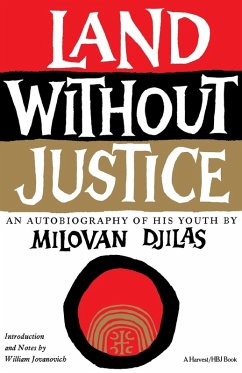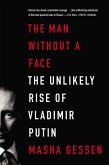The autobiography of the youth of the former Vice Presiden of Yugoslovia, which is also the story of a little-know land, Montenegro. Introduction and notes by William Jovanovich. Translated by Michael B. Petrovich.
This is the first part of the autobiography of Milovan Djilas, who rose to become one of the leaders of international communism. It is also the story of his native land, Montenegro, for Djilas writes, "The story of a family may be the portrait in miniature of a land." Djilas' first memories were of heroism and of violence; the soil of his Montenegrin village was nourished by blood. In him is reflected his kinsmen, a fiery, independent people, dark with misery yet at the same time healed by visions of beauty. The Montenegrins come vividly to life in Djilas' intense account, written in simple, lyrical prose that does not betray the dramatic circumstances in which the book was written -- during the period just before the author's imprisonment for his criticisms of the Communist party he helped to bring to power.
This is the first part of the autobiography of Milovan Djilas, who rose to become one of the leaders of international communism. It is also the story of his native land, Montenegro, for Djilas writes, "The story of a family may be the portrait in miniature of a land." Djilas' first memories were of heroism and of violence; the soil of his Montenegrin village was nourished by blood. In him is reflected his kinsmen, a fiery, independent people, dark with misery yet at the same time healed by visions of beauty. The Montenegrins come vividly to life in Djilas' intense account, written in simple, lyrical prose that does not betray the dramatic circumstances in which the book was written -- during the period just before the author's imprisonment for his criticisms of the Communist party he helped to bring to power.








